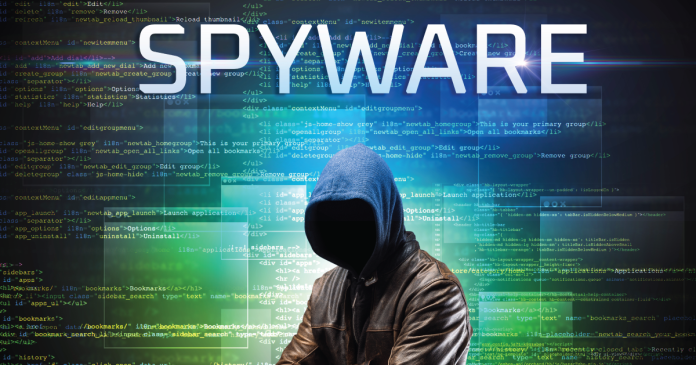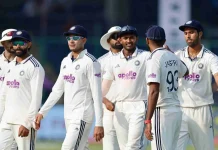- The notorious Pegasus spyware has been in the news worldwide in the last few years not leaving some of the most advanced nations in the bargain. It’s an open secret around the globe that the government in power would embrace the spyware technologies under the guise of national security, sovereignty, and protection of its citizens. It’s another matter altogether that the same technologies are also used for spying on the opposition parties and their leaders. Some of the most prominent leaders around the world have been targeted by the government in power by snooping to comprehend what’s cooking up the other side of the aisle. The intelligence agencies tasked to undertake the endeavour discreetly report directly to the higher echelons of power.

PC: CSO Online
- Of course, the Pegasus created quite a stir in India too when the opposition raised hues and cries denigrating the ruling dispensation for unauthorizedly snooping around them. The same controversy has resurfaced again as institutional weaknesses remain unresolved. For the uninitiated, after five years of litigation, WhatsApp is claiming victory as a US court has found that Israeli tech company NSO, maker of spyware Pegasus, violated both US laws and WhatsApp’s own terms of service. Note that Pegasus has been used to surveil targets via WhatsApp. The spyware keeps returning as a political controversy in India as well. This only gives ammunition to the opposition to go hammer and tongs at the ruling dispensation. Why did it return though?

PC: The Indian Express
- Simply because the hundreds reported to have been targeted here have included journalists, opposition politicians, and even government ministers. It is not as if other insidious malware hasn’t caused concern since 2019. But questions left unanswered in the Pegasus case continue to have urgency because they relate to the fundamental equation between privacy and security. Balancing this is imperative for our democracy. Period. Asked about whether the government taps or uses Pegasus, the home ministry told Lok Sabha in 2019 that both central and state govts intercept, monitor or decrypt or cause to be intercepted or monitored or decrypted information in accordance with the IT Act, 2000 and the Indian Telegraph Act, 1885.

PC: Mint
Further, it also named ten agencies as authorized by the Centre for this purpose. The problem is, unlike other well-functioning democracies, India does not have either any independent oversight of these agencies or a national security law to separate necessary from arbitrary or abusive actions. The report of the SC-appointed committee in the Pegasus matter has not been made public. It did find malware on five handsets but could not conclude that this was Pegasus. SC did disclose that its committee said GOI did not extend any cooperation. Today, the technological threat is manifold greater. Past modes of phone tapping seem like children’s toys against new capacities for wholesale erosion of an individual’s policy. Greater dangers call for greater resolve.






